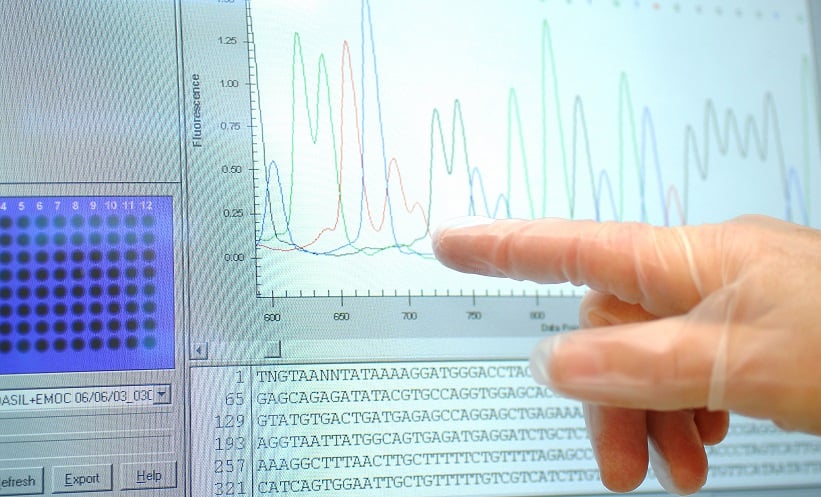NEW research has highlighted the impact of diet on the composition and function of our gut microbiome. The gut microbiome refers to a collection of microorganisms present within one’s gut and is completely unique to an individual. It plays an important role supporting the digestive, immune, nervous and endocrine systems. For instance, it helps break down complex carbohydrates and dietary fibers, and metabolises bile in your intestines. Additionally, short-chain fatty acids, a by-product of carbohydrate digestion, have important anti-inflammatory properties.
In a compelling new review, researchers from Teagasc Moorepark Food Research Centre, University College Cork, Ireland, recently reviewed the effect of geographical location and diet on gut microbiome composition and disease risk. Led by Catherine Stanton, the team firstly compared six diets from across the world; the Mediterranean diet, high-fibre diet, plant-based diet, high-protein diet, ketogenic diet and Western diet.
The team revealed that the gut microbiome of those consuming a Western diet, characterised by ‘a high calorie content, enriched in animal protein, saturated fats, simple sugars and ultra-processed foods, with inadequate amounts of fibre, fruits and vegetables’ was considerably lower compared to the others. The authors explained, that due to the lower fibre input, the microbiome as a result produces less short chain fatty acids. Moreover, when one consumes red meat certain compounds are converted by the gut microbiome into trimethylamine, which in turn is converted into trimethylamine N-oxide in the liver. Stanton emphasised that elevated levels of trimethylamine N-oxide are associated with increased risk of cardiovascular disease, chronic kidney disease and colorectal cancer.
Helena Bradbury, EMJ
Reference
Ross et al. The interplay between diet and the gut microbiome: implications for health and disease. Nat revs microbiol. 2024.








